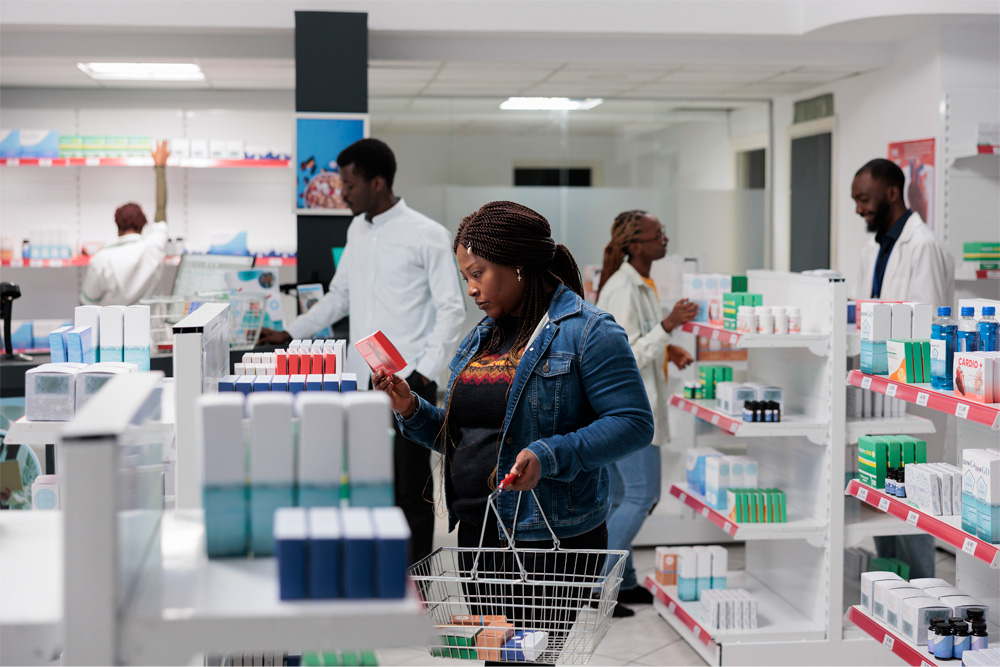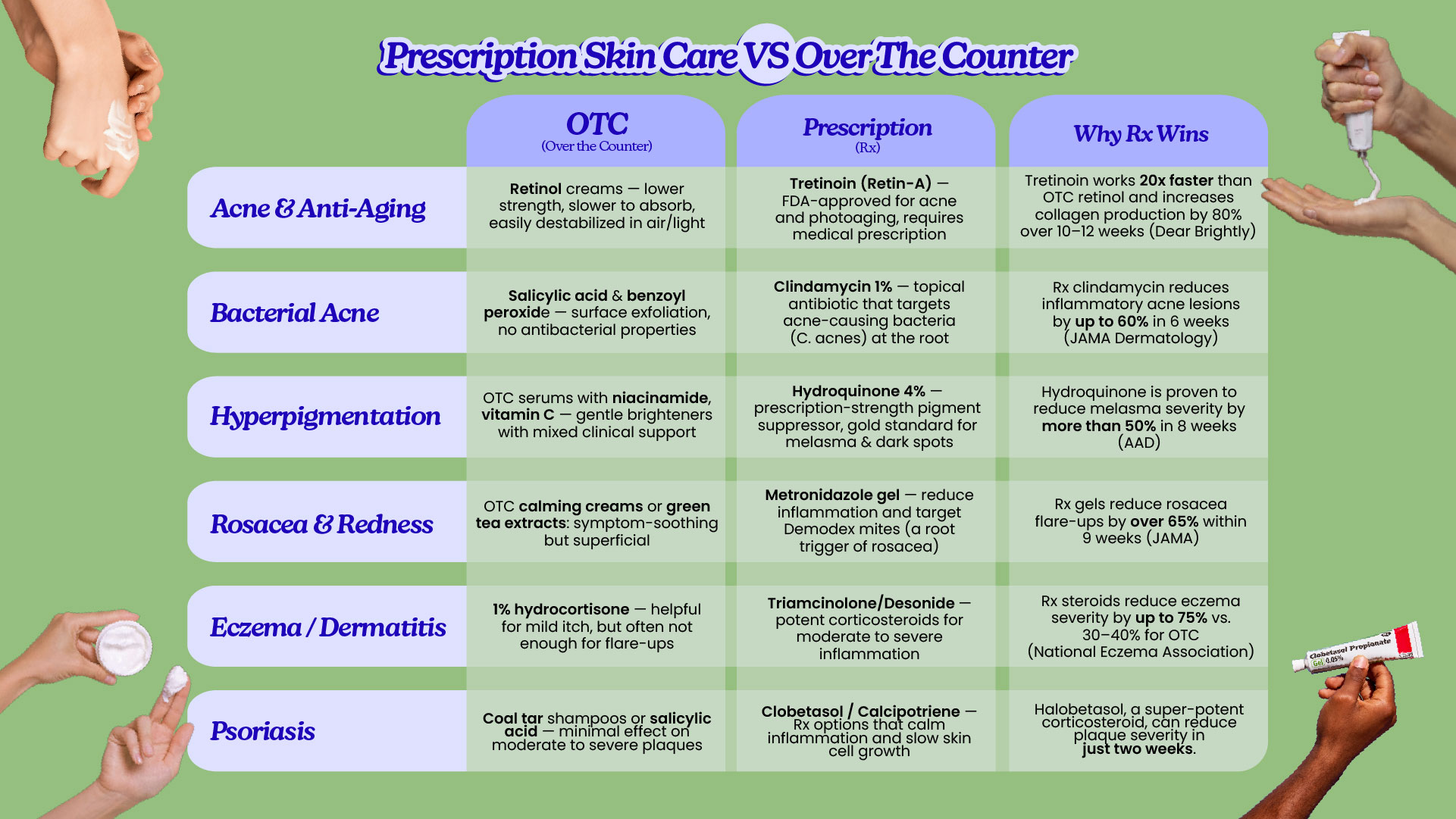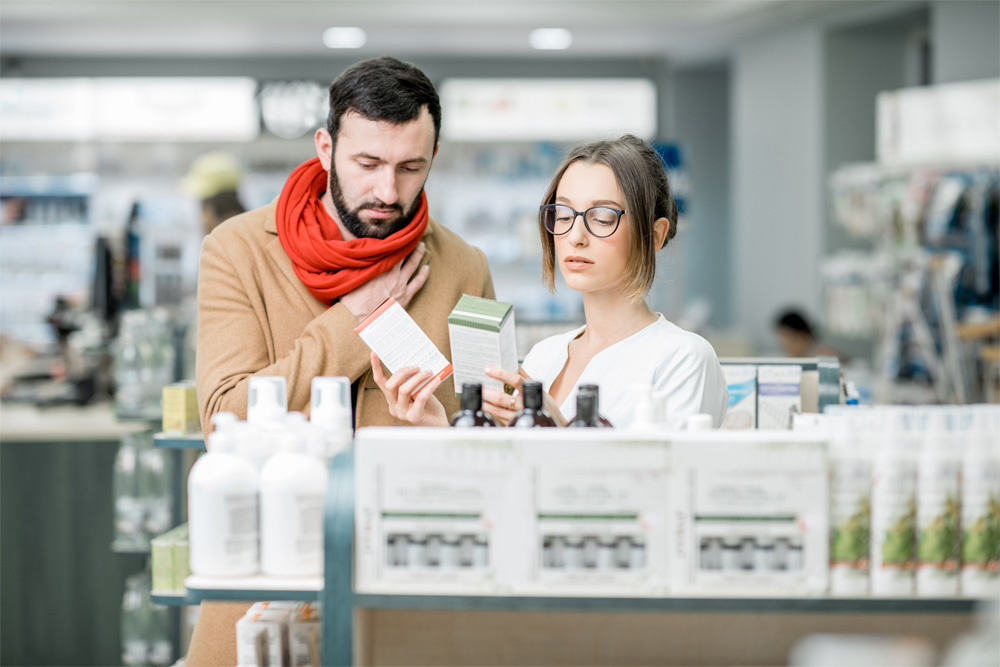Summer sun, sweat, and clogged pores can make skincare feel like an uphill battle. Whether you’re dealing with breakouts, sun damage, or texture changes, it’s tempting to reach for the first product that promises results. But not all skincare is created equally, and the biggest difference often lies in whether it’s prescription-strength or over-the-counter.
Let’s break down the real differences between prescription skincare and drugstore solutions. We’ll focus on ingredients and efficacy, helping you understand when to invest in a clinical-grade, prescription based formula versus when your trusty drugstore go-to might do the trick.







